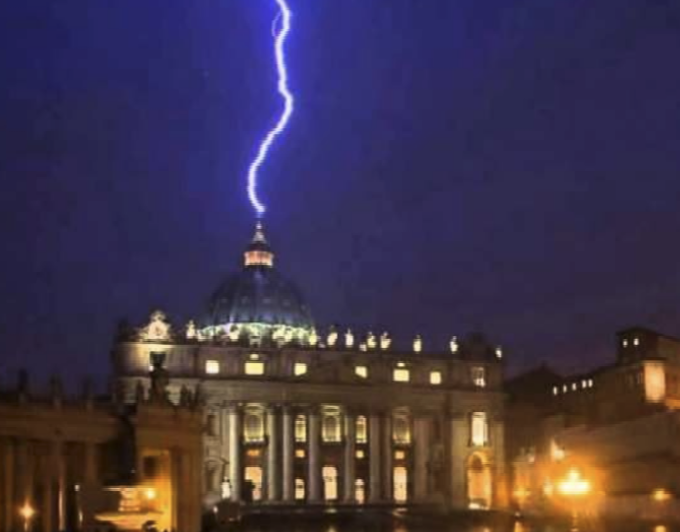Let me stress something right up front.
The following is not a fundraising effort for The Pillar, the alternative Catholic news source that I think (and I believe Clemente Lisi is raising his hand as well) has become a must-read item in this age of crazy Catholic news events and trends. OK, news that is even crazier than NORMAL on that front.
We all struggle, in this age in which the Internet has debundled our news world and readers who really care about specific subjects — think Catholic news — have myriad options to choose from. The problem is figuring out which ones to support with, you know, money.
How many Substack options does one reader have the time to read? How many can said reader wave a credit card at, month after month?
Anyway, this week I received an email missive from The Pillar — “This is all a choice” — that was clearly a reminder to readers about the factors of time and money that I just mentioned.
But it was also a meditation by Ed Condon on one of the most painful realities in our splinted, niche-media world. Repeat after me: News is expensive. Opinion is cheap.
Thus, I want to point readers to sections of this letter that were valid “think piece” material for news-consumers who care about the digital religion beat. The “JD” is, of course, a reference to scribe J.D. Flynn.
Let’s start with a news event. Try to guess which one:
After the news first surfaced on an Italian site, a lot of people called, texted, and emailed us to ask what was going on, and if we were going to cover it. It took us a few hours to confirm things with our own sources, and the story made it into JD’s newsletter yesterday.
But as more outlets were picking up the story, one American cleric told us that he simply couldn’t be sure it was true until he read it on The Pillar.
That kind of feedback means a lot. It’s a confirmation of what we want The Pillar to be all about and how we want it to work. We don’t ever want to write something you could read somewhere else, or worse just repeat what someone else has said they heard.
If you read it at The Pillar, it matters to us that you know it's true because you know we did the legwork to make sure of the facts — no matter if everyone else is already talking about some version of it, or no one else has got the story at all.










